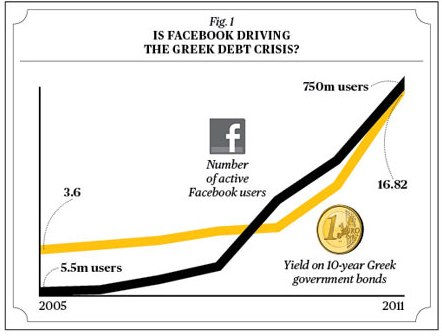- Joined
- Dec 3, 2009
- Messages
- 52,009
- Reaction score
- 33,944
- Location
- The Golden State
- Gender
- Male
- Political Leaning
- Independent
How the Affordable Care Act Drove Down Personal Bankruptcy
So, let's repeal it and see if bankruptcies go back up. It's a social experiment, after all.
As legislators and the executive branch renew their efforts to repeal and replace the Affordable Care Act this week, they might want to keep in mind a little-known financial consequence of the ACA: Since its adoption, far fewer Americans have taken the extreme step of filing for personal bankruptcy.
Filings have dropped about 50 percent, from 1,536,799 in 2010 to 770,846 in 2016 (see chart, below). Those years also represent the time frame when the ACA took effect. Although courts never ask people to declare why they’re filing, many bankruptcy and legal experts agree that medical bills had been a leading cause of personal bankruptcy before public healthcare coverage expanded under the ACA. Unlike other causes of debt, medical bills are often unexpected, involuntary, and large.
So, let's repeal it and see if bankruptcies go back up. It's a social experiment, after all.



